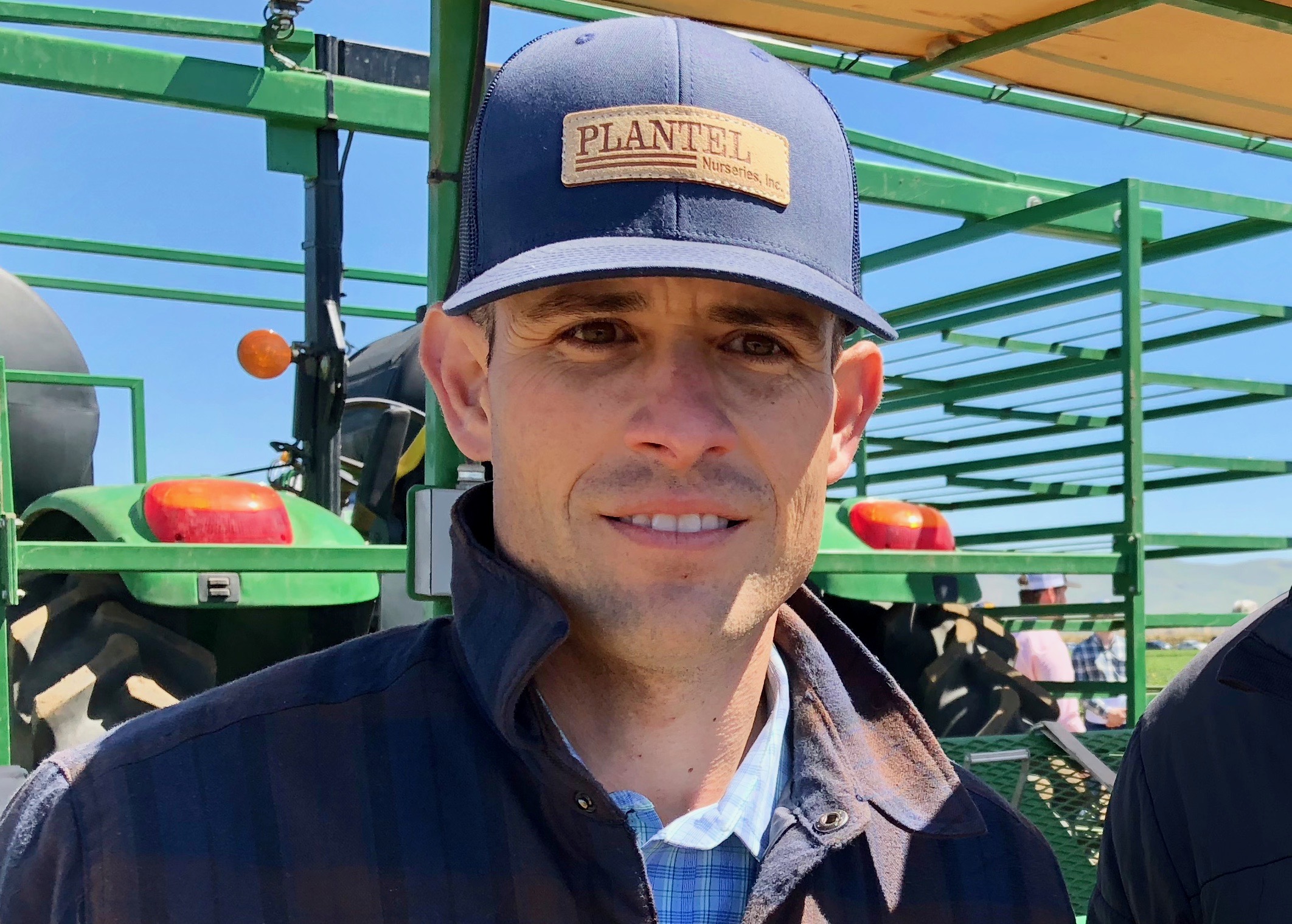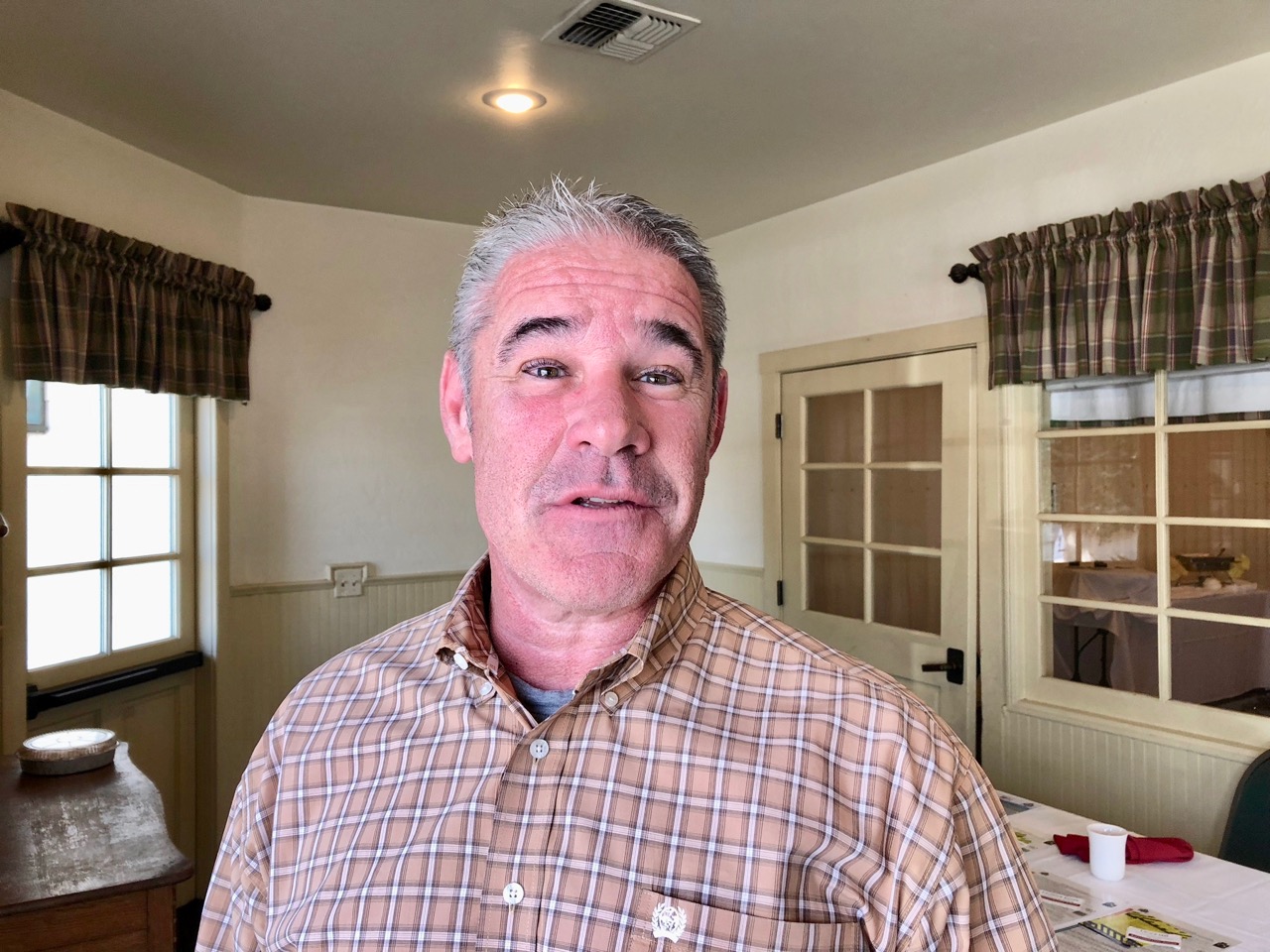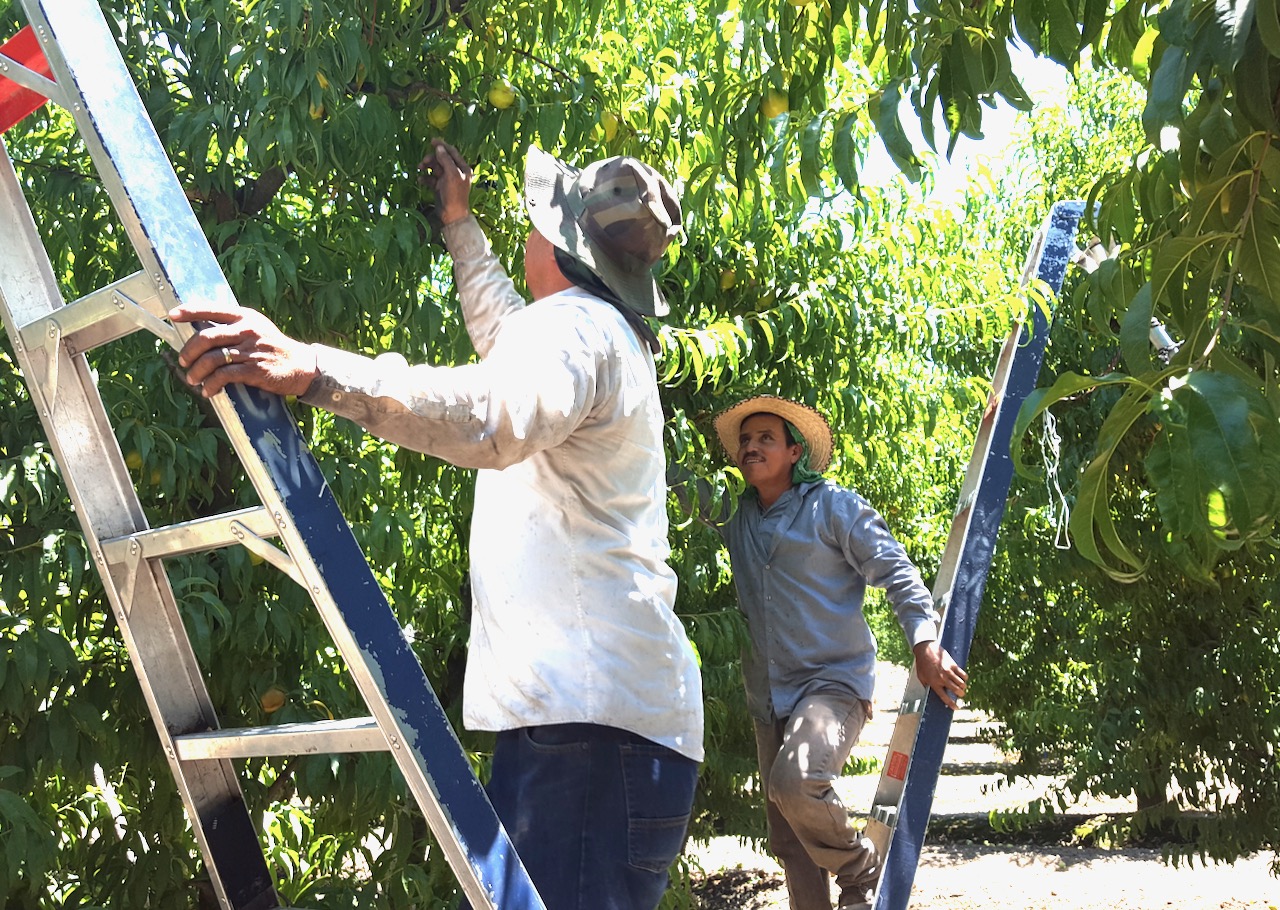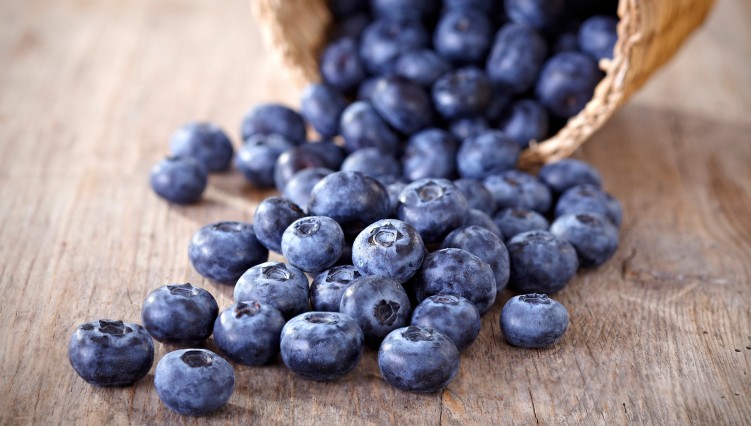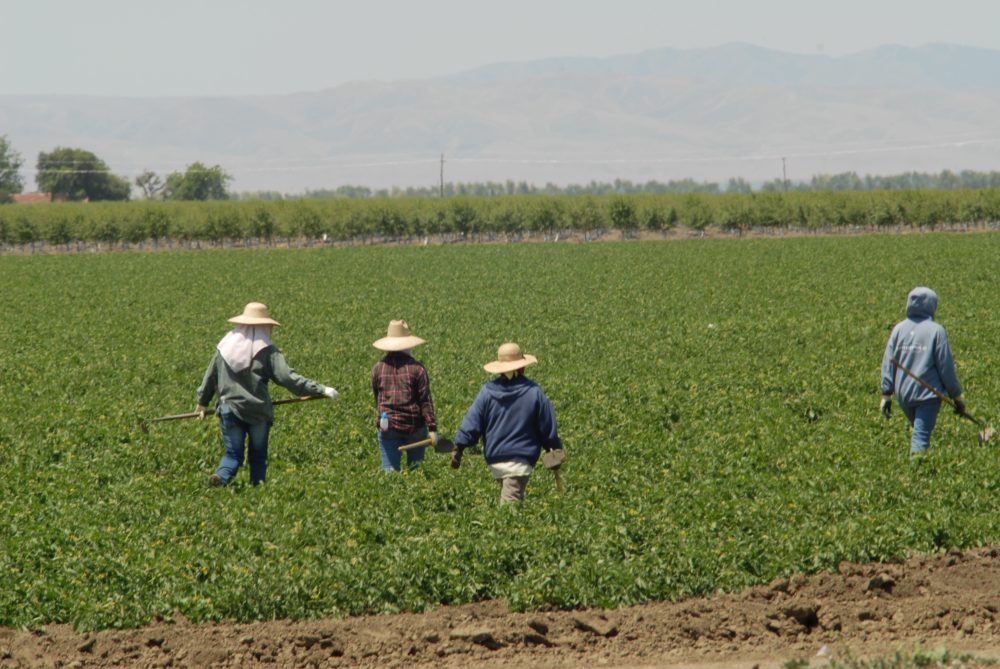Strawberry Labor Issues May be Helped
New Technology in the Strawberry Industry Addresses Labor Issues
By Mikenzi Meyers, Contributing Editor
Once again, technology has taken crop production to the next level. This time, strawberry growers are reaping the benefits of technological advancements. Pete Molero and his team at Plantel Nurseries have come up with a transplanting machine that will address labor challenges in the strawberry field.
“We have come up with a transplanting machine that uses a 25-man crew to plant strawberries that have foliage on them and have a plug just like a transplant vegetable plug now,” Molero explained.
He further added that the machine can plant an acre an hour, a pace that would typically take 80 to 100 employees to achieve.
According to Molero, the process is simple.“The plug goes in, the plant gets dirt, and its set and ready to go.”
He described the root itself as a two-and-a-half to three-inch plug with first growth leaves at about three to four inches tall. As of right now, there is only one variety of strawberry available for the summer. However, new ones are being tested in hopes that this new equipment will continue to make improvements.

